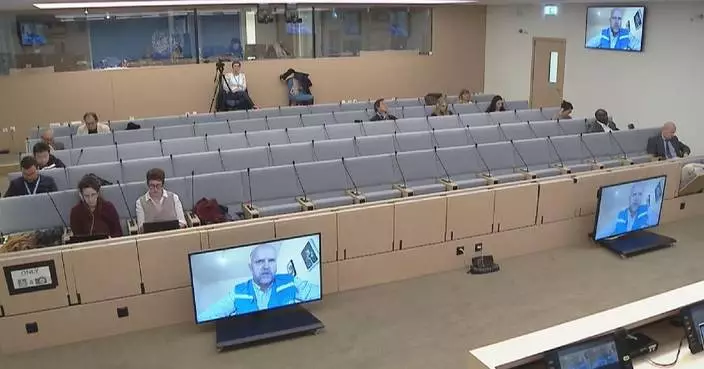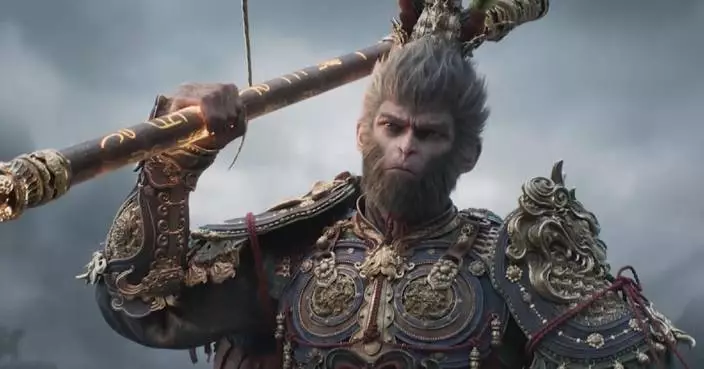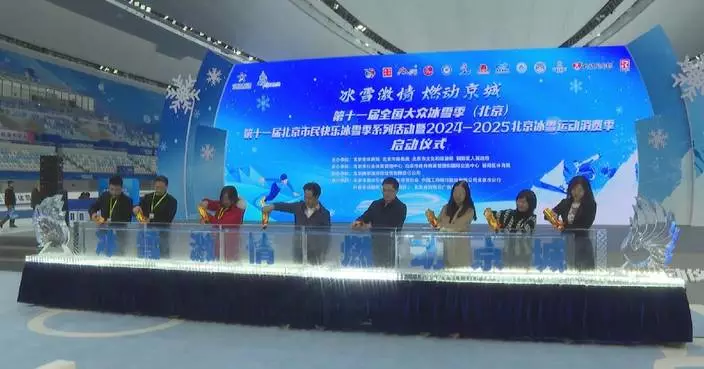The advent of artificial intelligence (AI) may reshape the world's understanding of work and even the very nature of humanity, said a Chinese professor.
As experts from over 130 countries and regions were gathering in Wuzhen Town, Tongxiang City of east China's Zhejiang Province for the 11th World Internet Conference (WIC) Wuzhen Summit, Zeng Yi, a professor of the Institute of Automation at the Chinese Academy of Sciences sat with China Global Television Network (CGTN) to discuss concerns about the development and governance of AI.
With the technology becoming increasingly pervasive, Zeng stressed the need to help underdeveloped countries build AI capacities to prevent them from being left behind.
"Firstly, for those underdeveloped countries, what they lack now is not only AI technology itself, but also the information and telecommunication infrastructure. And now, they even do not have the networking that is required for many of the largest data training and AI services. So, in the first place, we need to build the capacities and bring the capacity development capabilities for them. We need to build networking and data infrastructures for them," he said.
As workers around the world begin to question whether their employment could be threatened by technological advancements, Zeng underscored the need for societies to reevaluate how they understand human labor.
"On the other hand, I would have to say by using AI services, of course, that will bring new opportunities, as you discussed, but of course, there will be more challenges then. So the way of defining what we mean by work will be fundamentally changed for the future. For the work that now we do not consider as jobs, it will also help us to reconsider what do we mean by human, what humans exactly need to do for our society, for our community. I think it's the time for humans to reconsider ourselves," Zeng said.
The 11th edition of WIC Wuzhen Summit ran from Nov. 19 to 22. Themed "Embracing a People-centered and AI-for-good Digital Future -- Building a Community with a Shared Future in Cyberspace", the event featured 24 sub-forums on topics delving into a wide range of topics.
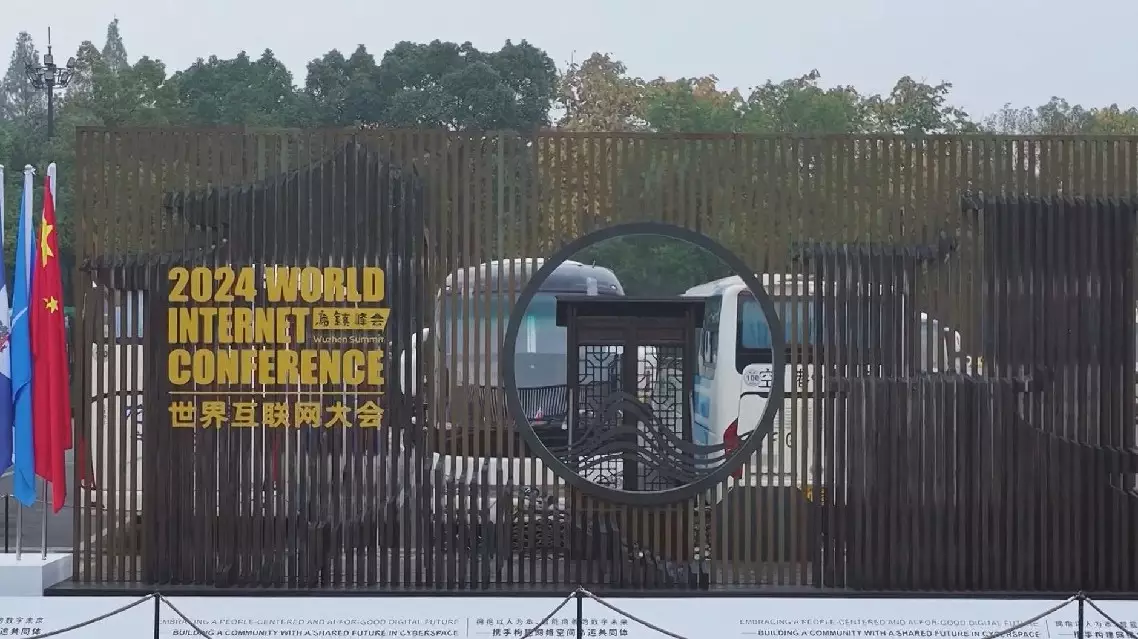
Humanity must redefine work in AI-powered future: professor
Athletes from various ethnic groups across China competed in both traditional sports, such as crossbow shooting and dragon boat racing, and new additions like the debut of coconut tree climbing race on the first official competition day of China's 12th National Traditional Games of Ethnic Minorities.
Opening in Sanya, a coastal city of Hainan Province, on Friday, the grand event gathers nearly 7,000 athletes representing 35 delegations across China who will compete in 18 sports and three demonstration sports. The nine-day event will conclude on November 30.
Competitors at the event are expected to not only showcase their skills and traditional culture, but also enjoy the fun of sports.
Inspired by local people's physical labor of climbing trees to harvest coconuts in Hainan, the coconut tree climbing race made its first appearance this year.
Twelve teams from provinces including Hainan and north China's Hebei participated.
"I feel so excited. I like the sport item very much. It gives us a chance to see the unique customs of different ethnic groups. It's a wonderful chance for us to have such exchanges. I'm so happy to be here," said a spectator from northeast China's Heilongjiang Province.
The board-shoe racing, a popular traditional sport, pits teams of three athletes wearing a single pair of wooden board shoes against each other. Originating from southwestern regions including China's Guangxi Zhuang Autonomous Region, the event has grown in popularity, attracting participants from northern provinces as well.
"The board-shoe racing exemplifies the sports wisdom and collaborative spirit of ethnic minorities. There are 30 teams participating in the event. The registration shows that it is increasingly popular among people of all ethnic groups. Provinces in the northern part are also actively participating in this event. It witnesses the multicultural integration and exchange among Chinese ethnic groups," said Lu Guang, leader of board-shoe racing team from Shandong.
From land-based sports like crossbow shooting and wrestling to water events such as dragon boat racing, the first day of the games featured 15 competitions. Players can not only learn from each other by competing in the field, but also forge new friendship.
"We will show our best and show Yunnan's colorful national sports culture and hard-working and simple spirit," said Li Jixin, coach of dragon boat racing team from Yunnan.
"They are rivals on the field and friends off the field. Athletes' mutual communication and discussion are also conducive to strengthening exchanges between cultures of different ethnic groups," said Guan Yuanhong, leader of the crossbow shooting team from Jiangxi.
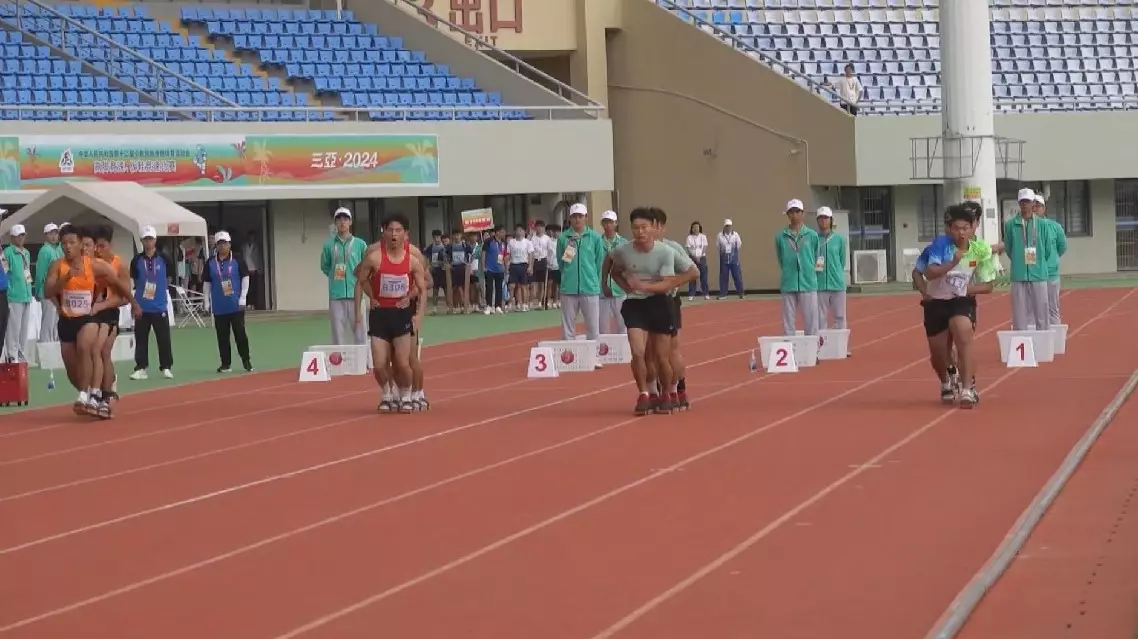
Brilliant traditional, new sports on competition day 1 of China's national minority games




